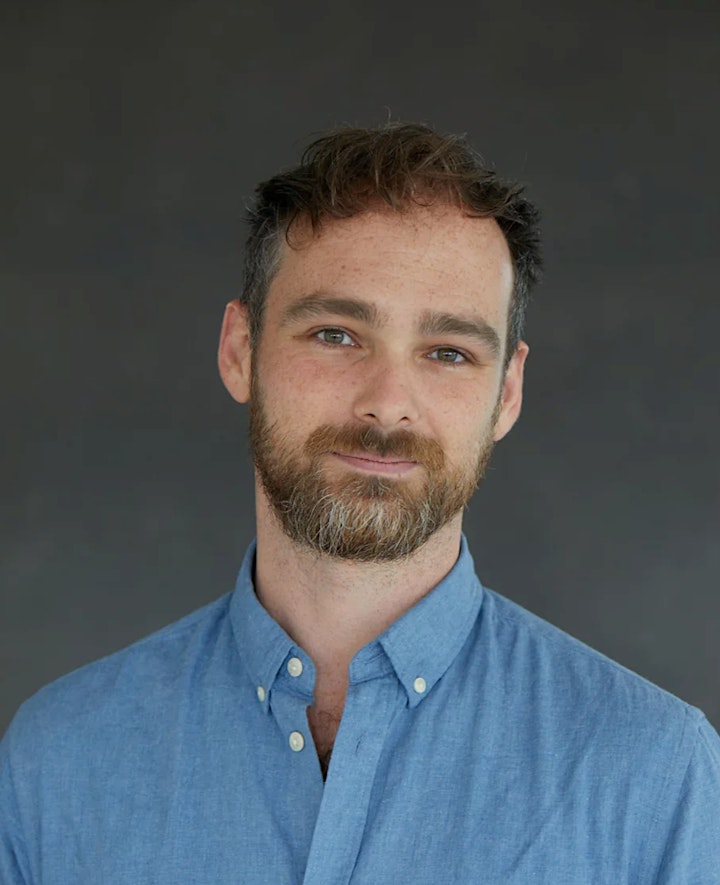Overview:
This second of 4 sessions, we explore how sexual abuse impacts men at different developmental stages: childhood, adolescence, and adulthood. It examines the compounding factors that fuel shame and confusion around the development of the sexual self. Participants will engage with a live case study to deepen their understanding of these dynamics.
Key Topics:
Developmental Stages and the Sexual Self:
- A brief overview of when ideas of shame and the sexual self emerge.
- How sexual abuse disrupts healthy development at each stage.
Unique Factors Impacting Men Abused in Childhood:
- Environmental factors (e.g., family dynamics, societal attitudes).
- Behavioral issues stemming from abuse.
- The pervasive impact of shame on self-identity and relationships.
Unique Factors Impacting Men Abused in Adolescence:
- The role of social stigma and myths about teenage boys (e.g., “boys can’t be victims”).
- The sexualization or shaming of teenage sexual selves.
- How abuse during this critical stage shapes long-term self-perception and relationships.
Unique Factors Impacting Men Abused in Adulthood:
- Societal oppression, such as the normalization of rape jokes and toxic masculinity.
- How trauma is often shamed, leaving men with limited support to navigate their experiences.
- The challenges of reconciling survivorhood, sexuality, and shame in adulthood.
Live Case Study:
- An audio clip of a survivor discussing his sexual self, experiences of abuse, and the impact of shame and unsustainable coping strategies on his life.
- Small group discussions to reflect on the case study and explore clinical approaches.
About the Book:
The course draws on material from Jeremy Sachs’ forthcoming book, An Intersectional Guide for Male Survivors of Sexual Abuse and their Allies: Masculinity Reconnected, set for release in July 2025. Early reviews:
‘Packed full of insights and practical guidance and signposting, this is an engaging, accessible, and deeply compassionate text for male survivors of sexual abuse and their allies—including the professionals working with them. An essential guide for those wanting to navigate this complex, sensitive, but profoundly important field.’
– Mick Cooper, author of Psychology at the Heart of Social Change (Policy Press, 2023).
‘Given that patriarchal adaptations mean men are often taught to hide, or suppress, the shame of sexual abuse, to have so gentle, yet so pointed and strong, a masculine voice speak on so sensitive a subject says a lot about the power of the prose presented in this volume. This is an emotional, sensitive tome, written from the thoughtful and somatically considered. This book lays out that road, presents pathways for practitioners to work with what is a challenging, little understood, yet hugely important experience for a good number of men. This is therefore a worthwhile, easy to access, deep dive into the experiences of male survivors of sexual abuse, which offers routes forward for practitioners working with these issues in their practices’.
– Dr Dwight Turner – (He/Him) PhD, Dipl Supvn, Psychotherapist, Supervisor, and Workshop, Facilitator, UKCP Accredited
‘[An Intersectional Guide for Male Survivors of Sexual Abuse and Their Allies] is profoundly moving: emotionally, it draws you into the embodied narratives of male sexual abuse survivors, compelling you to immerse in their lived realities often shrouded in silence. Conceptually, it challenges the very core of persistent myths about what it means to live as, and be, a man. Therapeutically, it provokes a necessary and urgent reckoning amongst mental health professionals, urging us to question how rigid social constructions of masculinity implicitly guide therapeutic interactions with male service users, where silent struggles may be mistaken as stoic endurance’.
– Dr Nini Kerr, Senior Lecturer in Counselling, Psychotherapy and Applied Social Sciences School of Health in Social Science, The University of Edinburgh
‘In this book, Jeremy Sachs engages the reader with essential information, practical guidance and real-life examples, supported by reflective activities and resources. The emphasis on the impact of intersectionality provides a contemporary and much-needed lens through which to understand the unique difficulties of male survivors. But it is the way that Jeremy writes, making the reader feel understood, supported, and respected, that gives a sense that he is there with you throughout’.
– Professor Kate Smith, University of Aberdeen
“Jeremy Sachs’ thoughtful, caring and sensitive exploration of the complexities and nuances of the under-recognised impact of male sexual trauma and abuse will benefit men, their allies, and clinicians in navigating words and experiences hidden by years of emotional turmoil. This essential resource will assist in demystifying survivors’ experiences.”
– Andrew Davidson, Joint Programme Head of the Diploma in Psychosexual Therapy at Tavistock Relationships.
Learning Objective Participants Can Expect From This Event
- Understand the subtle differences in how sexual abuse impacts men at different developmental stages.
- Recognize the profound impact of shame on male survivors and their sexual selves.
- Reflect on a case study that unpacks the interplay between shame, sexuality, and unhealthy coping strategies.
Who is This Workshop Appropriate For?
- Therapists and healthcare workers.
How May This Workshop Impact Your Practice?
- Deepen understanding of these complex issues.
Course Content
Presenter

Jeremy Sachs is an integrative psychotherapist, lecturer, and writer specialising in trauma recovery, sexual violence healing, and intersectional approaches to mental health. With over a decade of experience, he has focused on supporting male survivors of sexual abuse and creating inclusive therapeutic programmes for trans and non-binary individuals. For six years, he led SurvivorsUK’s group programmes and continues to develop new therapeutic groups to address diverse client needs.
In addition to his clinical practice, Jeremy contributes to psychologically informed research. As a freelance consultant and has worked with organisations such as the Royal College of Paediatrics and Child Health, Movember, and Younger Lives. He lectures at the London Diploma for Psychosexual and Relationship Therapy and has been a guest lecturer at The Tavistock Relationships, among other institutions. His writing has been published in ‘BACP Private Practice Journal’, ‘Therapy Today’, and ‘Happiful Magazine’, and he has served on the British Association for Counselling and Psychotherapy (BACP) Research Committee.
Jeremy is a trustee at Wellbeing Scotland, a charity providing trauma-informed support to individuals and communities affected by abuse, neglect, and adversity. He is also the host and producer of ‘The Trauma Talks’ podcast and the author of ‘An Intersectional Guide for Male Survivors of Sexual Abuse and Their Allies: Masculinity Reconnected’, which will be published by Routledge, released July 2025. He is currently working on his second book. From London and currently based in Glasgow, Scotland, Jeremy runs a private practice and delivers training and talks across the UK and internationally.


